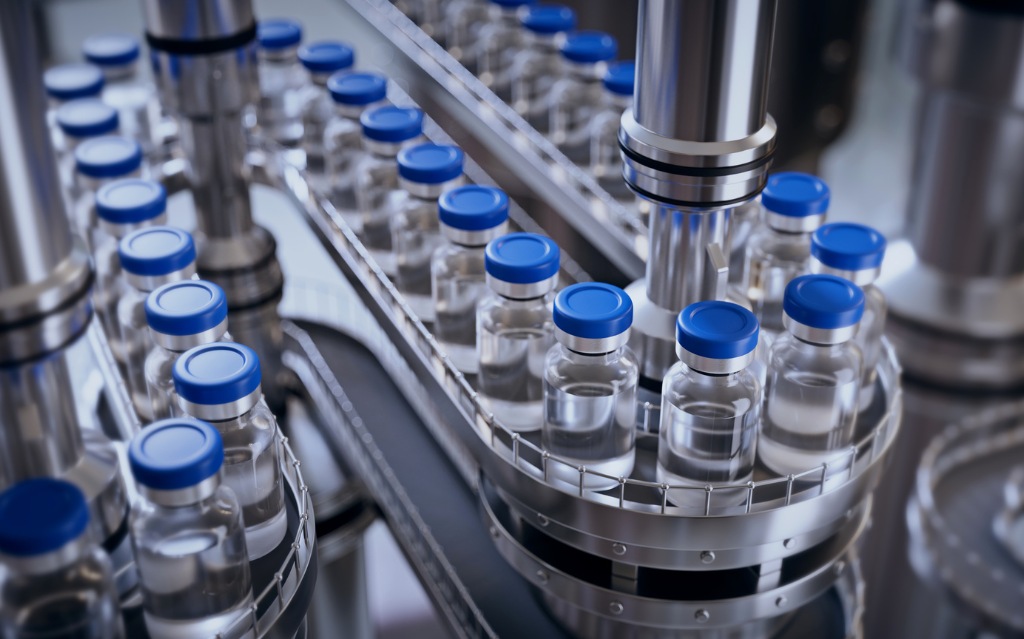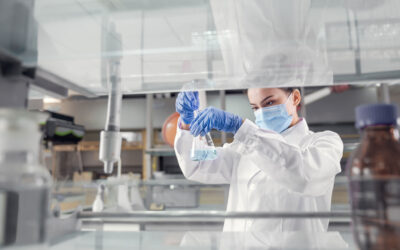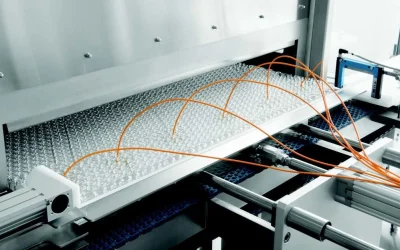
In the pharmaceutical sector, where precision, safety, and quality are essential elements, industrial robotics is taking on an increasingly central role. Automated solutions, once limited to marginal operations, are now an integral part of production processes. Pharmaceutical robotics is redefining production standards, bringing innovation to every stage: from the preparation of raw materials to the packaging of the finished product.
Automation and precision: the impact of robotics on manufacturing
The introduction of robotic systems has revolutionized the efficiency of production lines. Thanks to their ability to operate with extreme precision and repeatability, robots drastically reduce the margin of error while increasing productivity. Activities at risk of contamination or exposure to hazardous substances are safely handled by mechanical arms or automated units in controlled environments, protecting both the product and operators.
Pharmaceutical robotics has proven particularly useful in handling sterile materials, dosing active ingredients, filling bottles and vials, and moving containers within clean rooms. All this is done according to strict parameters, monitored in real time by advanced software that ensures compliance with international standards such as cGMP.
Concrete advantages and future prospects
In addition to improved operational efficiency, industrial robotics enables a significant reduction in production times. Automating processes not only speeds up operations, but also optimizes resource utilization, reducing material waste and improving the overall sustainability of plants.
From a quality perspective, automation enables continuous traceability and greater consistency in results, which are fundamental elements in a highly regulated sector such as pharmaceuticals. Furthermore, integration with artificial intelligence and machine learning systems opens up new avenues for increasingly predictive and adaptive production.
In the near future, pharmaceutical robotics is expected to further expand its scope, including more complex stages of production and also supporting visual inspection, smart packaging, and automated logistics activities.
Industrial robotics is no longer an option, but a strategic component in the transformation of pharmaceutical manufacturing. Automated technologies improve safety, increase efficiency, and ensure product quality, responding to the needs of a constantly evolving industry.


